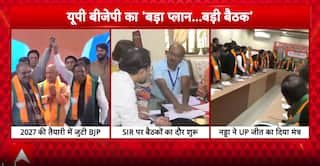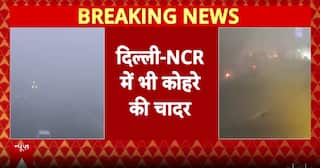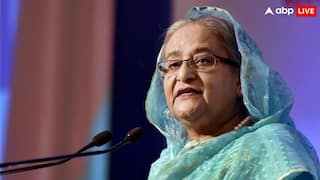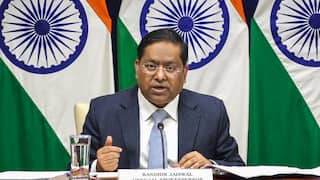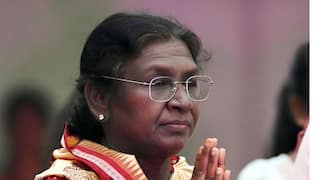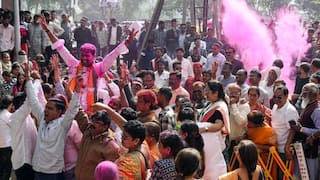Centre Clarifies 'PM Modi's Vision' After Oppn Resists Data Protection Bill In Parliament
Rajeev Chandrashekhar defended the government's access to citizens' data as "lawful and legitimate in national security and emergencies".

Minister of State for Information Technology Minister Rajeev Chandrashekhar on Thursday said that the Digital Personal Data Protection Bill is a very significant milestone in Prime Minister Narendra Modi's vision which will protect the rights of all citizens. He defended the government's access to citizens' data as "lawful and legitimate in national security and emergencies" as opposition parties rallied to oppose a new digital rights law introduced in parliament earlier in the day.
"The Digital Personal Data Protection Bill, 2023, was introduced in parliament is a very significant milestone in Prime Minister Narendra Modi ji's vision of Global Standard Cyber Laws for India's $1 trillion digital economy," he tweeted.
"The Ministry of Information Technology developed this bill after extensive consultations with all stakeholders, which I personally led," Chandrashekhar said, attaching a video explainer.
"Once passed by parliament, this new bill will protect the rights of ALL citizens, allow the innovation economy to expand, and allow the government lawful and legitimate access in national security and emergencies such as pandemics and earthquakes," he wrote.
The clarification comes in the wake of criticism from opposition MPs, privacy activists, and other stakeholders who have called the bill's exemptions for the central government and its agencies a "sinister move" to "trample" citizens' right to privacy and access to information.
One major issue raised by critics of the bill is its provision for the processing of personal data without consent in nine broad scenarios, which could have serious implications for citizens' fundamental right to privacy.
Another major source of concern is the 2005 amendment to the Right to Information Act. Personal information is no longer required to be provided, even if it is related to public activity or a larger public interest, which could be used to refuse transparency information.
Exemptions to the state, which endanger Indian citizens' fundamental right to privacy, and a contentious clause exempting some companies from the application of some or all provisions have also raised concerns.
Opposition members vehemently opposed the bill's introduction and raised concerns about potential dilutions of the Right to Information Act, 2005, and state autonomy, including Congress MPs Gaurav Gogoi, Manish Tewari, Shashi Tharoor, Adhir Ranjan Chowdhury, Nationalist Congress Party (NCP) MP Supriya Sule, Trinamool Congress' Saugata Roy, and RSP MP NK Premachandran.
According to Hyderabad MP Asaduddin Owaisi, the bill risks turning India into a "surveillance state" by granting the government access to people's data. Despite the opposition's vehement opposition, the Lok Sabha approved the bill's introduction by voice vote. This is India's second attempt at drafting privacy legislation, after the government considered and ultimately rejected three previous versions.
In response to opposition demands that the bill be referred to a parliamentary panel for further consideration, IT minister Ashwini Vaishnaw assured the house that the government was willing to engage in a detailed discussion on the bill, including addressing allegations raised by opposition MPs.











